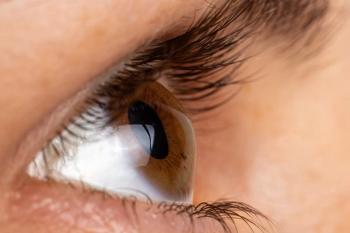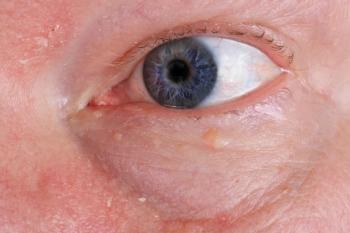
Why I work on Saturdays
The discussion of providing Saturday office hours can rile a group of ODs like few other topics. In the non-healthcare world, Saturdays are revered as a day off from the daily grind and a chance to spend time with family and friends.
The discussion of providing Saturday office hours can rile a group of ODs like few other topics. In the non-healthcare world, Saturdays are revered as a day off from the daily grind and a chance to spend time with family and friends. Unfortunately, economic realities and those of providing comprehensive patient care tend to push us toward working on Saturdays.
Here is a rationale for doing so from a slightly-aging doc who has been providing Saturday services on two weeks out of three for 29 years.
It works
Saturdays are enormously productive. We’ve established the reputation for being open, often when no one else in the community is. Yes, it’s a great profession that we have, and yes, it does require some sacrifice. Financial and personal rewards have made the downside seem small. Emergency care quadruples because hospitals and walk-in clinics know that we may be the only practice open within many miles.
Patients are relaxed and compliant
Scheduling is easy
The before-noon schedule fills far in advance once the reputation is established. Cases tend not to be urgent or require great resources, but we are more than prepared if they do. Patients tend to not schedule as many full exams after noon on a Saturday, allowing ample time for the emergencies that may call.
Competitors fall away
So many times, we have an injury or lost eyewear that can be remedied quickly. We’ve had patients drive many miles to see us on a Saturday afternoon, often driving past competitors who did not have the will or resources to be open. There is tremendous bonding with patients who know that we were a nearly last resort for their care. Establishing routine care in our office is not a stretch of the imagination, as we provide a top product in our service and care.
Families are easily seen together
School, work, and recreational obligations are less problematic in total. Two family members find great convenience in being seen in consecutive appointments. Eyewear purchase is strong because feedback from family members is (usually) helpful.
Satisfaction
Saturday’s patient troubles tend to be quite rewarding to solve. Because Sunday care is much more difficult to attain, patients have tremendous relief when the burden is lifted early on a Saturday. A painful abrasion, broken frame, or meds that have run out are easily handled.
The counter arguments
Oh yes, there are downsides to working Saturdays. But to us, the positives far outweigh the negatives.
Patients don’t show up
Yes, they do, but it takes work. A first-class reminder system (ours is a computer-generated phone call) is key in making sure patients walk through our doors on Saturdays. It’s kind of like building a practice, but then, we are building a practice. We rarely book more than two family members on a given day because three or more tends to increase the no-show potential. A little gentle over-booking seems to work out nicely. (We do not charge for no-shows.)
I’d rather spend Saturdays with family
Oh, me too. But, when the kids were small, I got to attend field day, coach soccer, get teary at the school play, and be a normal dad by being off on a weekday…or two. In an era of awfully stagnant optometric incomes and changes in our healthcare system, accessibility is no longer an option. In fact, it is a major feature that a carrier will consider when adding a practice to its panel.
Staff hates to work Saturdays
See above.
Insurance authorizations are difficult
Sure, experiencing an authorization foul-up on a Saturday is going to happen. But if the staff gets the authorization ducks in line in advance, it is seldom a problem. Any number of carriers offer practice services on Saturdays, and it is critical to know which ones can be reached for an authorization.
Working Saturdays works for us
Saturday hours have helped us to bond with our patients in ways that no other service can. Availability for rapid relief of problems has no equal. Happy Saturday patients are especially likely to refer their families and friends, which is critical for success our multi-subspecialty practice. Our staff has bought in well due to a slightly later start time and the conveniences that the hours provide for their working lives. This strategy fits nicely with the demands of the modern healthcare environment, and is one that should be considered by all practices.
Newsletter
Want more insights like this? Subscribe to Optometry Times and get clinical pearls and practice tips delivered straight to your inbox.













































